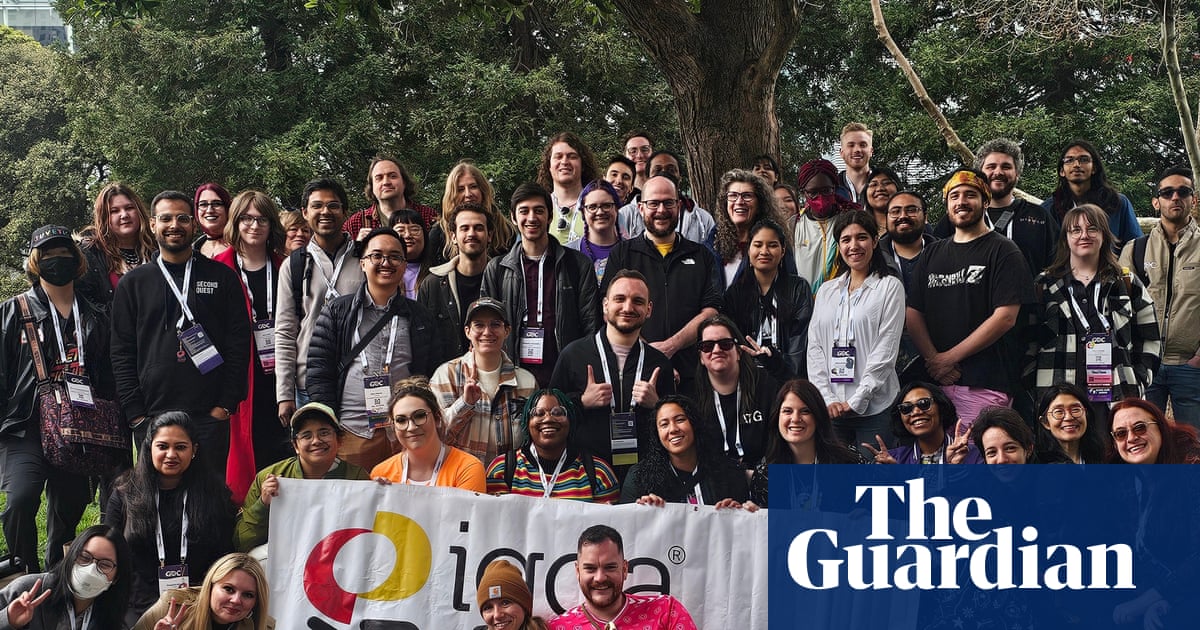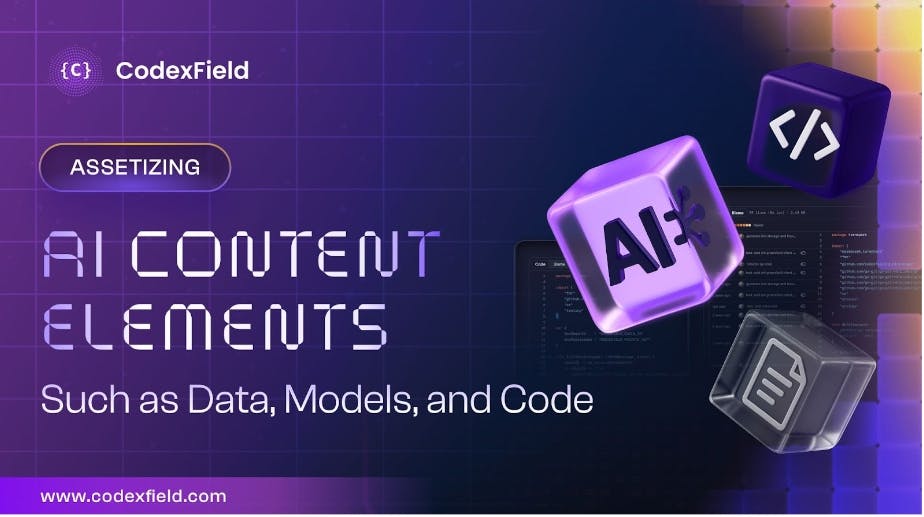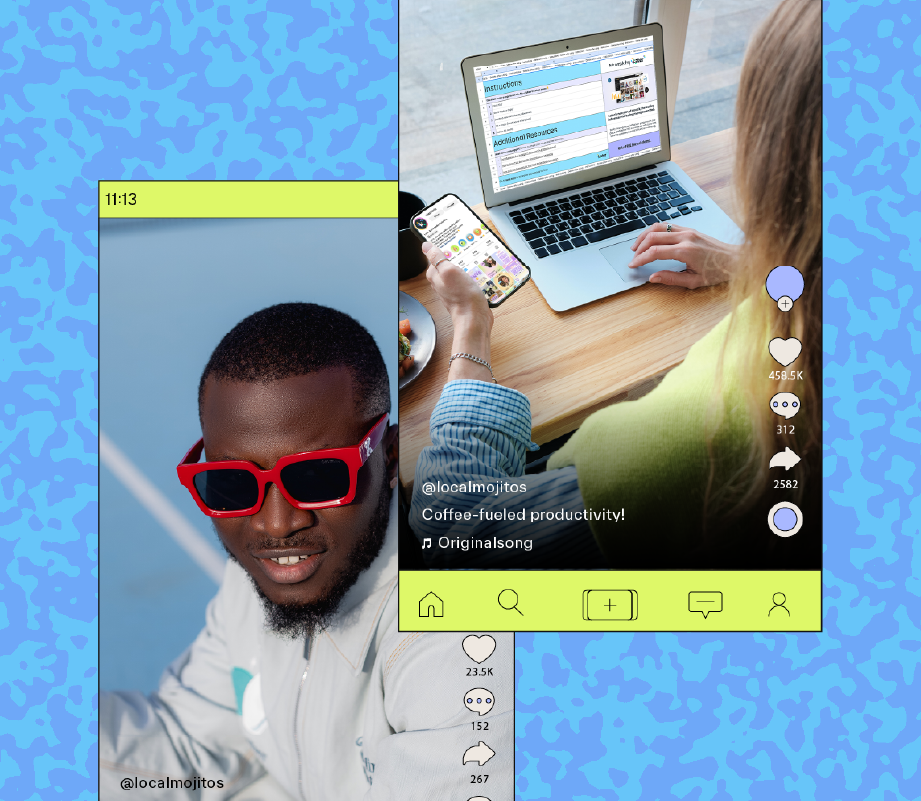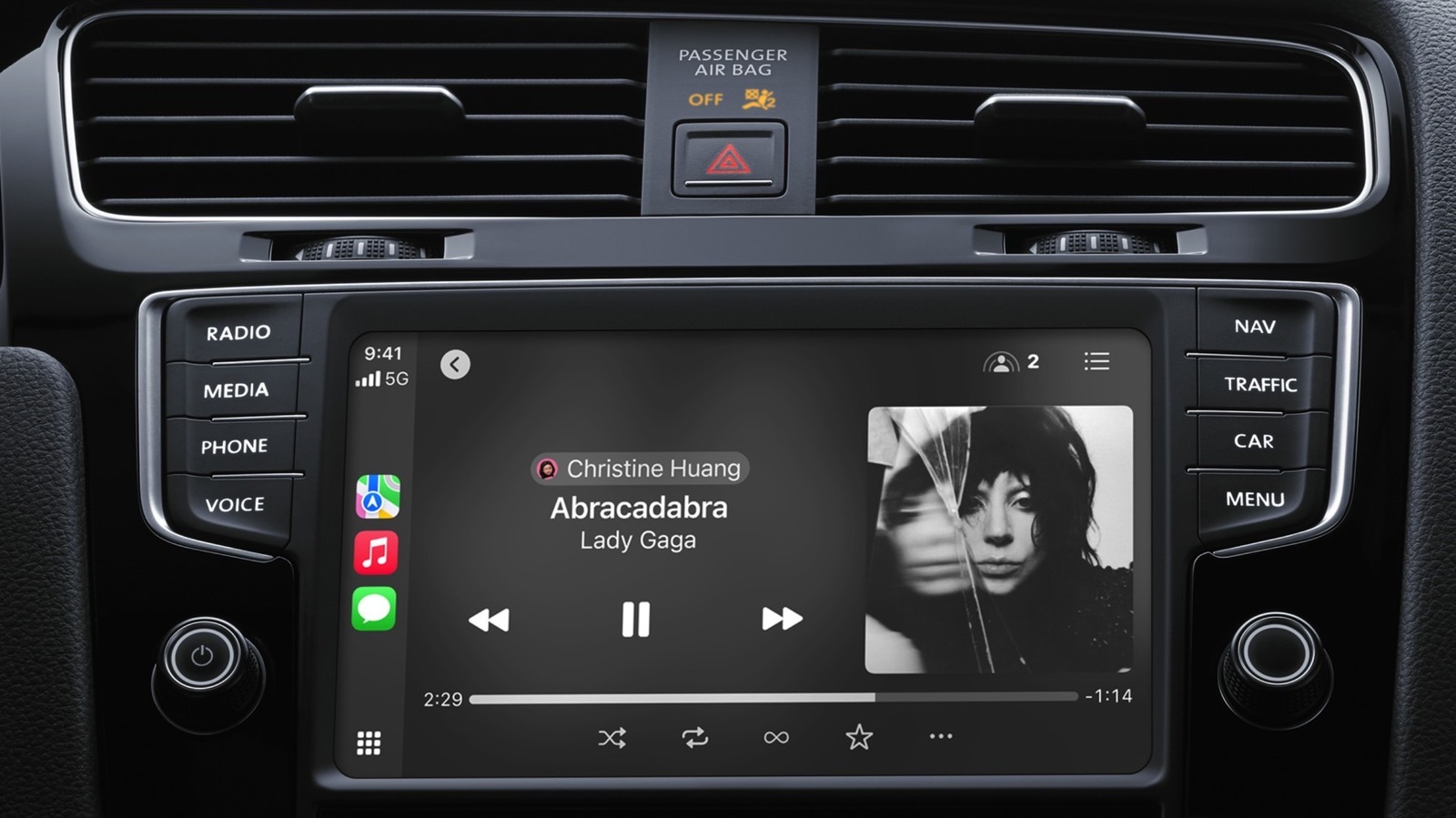Gamescom, the annual video game convention held in Cologne, Germany, is a unique event. It not only draws hundreds of thousands of players to pack out vast convention halls each year, but it also hosts professionals, offering them a chance to get their games into the hands of fans, and gives industry hopefuls a shot at passing their résumés to developers. For those based outside the US, it is the biggest event of the year by far. It is the International Game Developers Association (IGDA) Foundation’s first year here, and executive director Alyssa Walles is excited.
The IGDA Foundation provides professional development for underrepresented and marginalised people hoping to enter the video game industry, a crucial service considering the many barriers prospective producers, developers and writers face. Though Walles is fairly new to the IGDA Foundation, having joined three years ago, she is a video game industry veteran. She knows how crucial it is to help those who aren’t born into privileged situations, who can’t afford to travel across the globe to conventions, or have not had traditional schooling in computer design or coding.
“I was part of the launch team of PlayStation in Europe, and I was the only woman in the room most of the time,” Walles says. “So I am so happy to see that change.” But she knows there is more work to be done.
The IGDA Foundation started by funding trips for a select group to the annual Game Developers Conference in San Francisco, an expensive endeavour that often excludes hundreds of developers from marginalised communities or more remote regions of the world. When the Covid pandemic redefined video game events, the IGDA Foundation had to get creative – that’s when former executive director Nika Nour came up with the Virtual Exchange, a six-week online programme that pairs grantees with a veteran game industry coach. Out of hundreds of annual applications, the IGDA Foundation selects grantees from three main pillars: games career professionals looking for more senior roles, professionals trying to transition into the games industry and recent graduates.
Walles says: “My favourite example of someone in our cohort who has work experience but is trying to break into the games industry is this young man from Nigeria. He’s a home builder, he’s project managing every day, building houses – and he codes. He wants to take that project management experience and become a producer in video games.”
For Walles and many other industry veterans who become mentors with the IGDA Foundation, it is about using their experience to ensure the industry has a strong and diverse future. “I’m 65, I’m not afraid about saying that … I’m on the back end of my career, and I’m here to give back,” she says.
But the IGDA Foundation, like so many other programmes dedicated to making the video game industry and tech spaces more equitable, has faced frustrating challenges in the last few years. After meteoric growth during the pandemic, the industry has seen record redundancies. Companies are telling Walles they don’t have money for the foundation, which she finds hard to believe (“I know you have $5,000”), and though the IGDA Foundation isn’t government-funded, the Trump administration and Elon Musk’s “department of government efficiency” (Doge) have attacked diversity, equity and inclusivity institutions, which forces them to rethink how they market their programme and how to approach potential donors.
“There have been several nonprofits that have had to close in our space. So far, we are not close to that. I worry about it every day,” Walles admits. “I think, how do I get to the people who have made a lot of money in video games and want to support that next generation?”
But the IGDA Foundation, with Walles at the helm, is not afraid to get creative. Last year, she saw a story in a newsletter about how a solo developer made significant money from a single piece of downloadable content (DLC) sold in a Steam bundle. “I reached out to the IDGA Foundation’s alumni network and said, ‘I want to do a Steam event with DLC,’ and someone stepped forward to manage it. We created Download for Charity, an event we had in May – we had 24 games participate and raised $24,000,” Walles says. She has also organised game jams with unlikely collaborators and a recent porting initiative to help developers get their games on to Android phones.
This dogged pursuit of funding is a testament to Walles’ dedication to the programme and to the marginalised people it serves. Walles’ hope for the future of the IGDA Foundation is simple: “We just want enough money to sustain us so we can provide these programmes for the people who need them around the world.”









